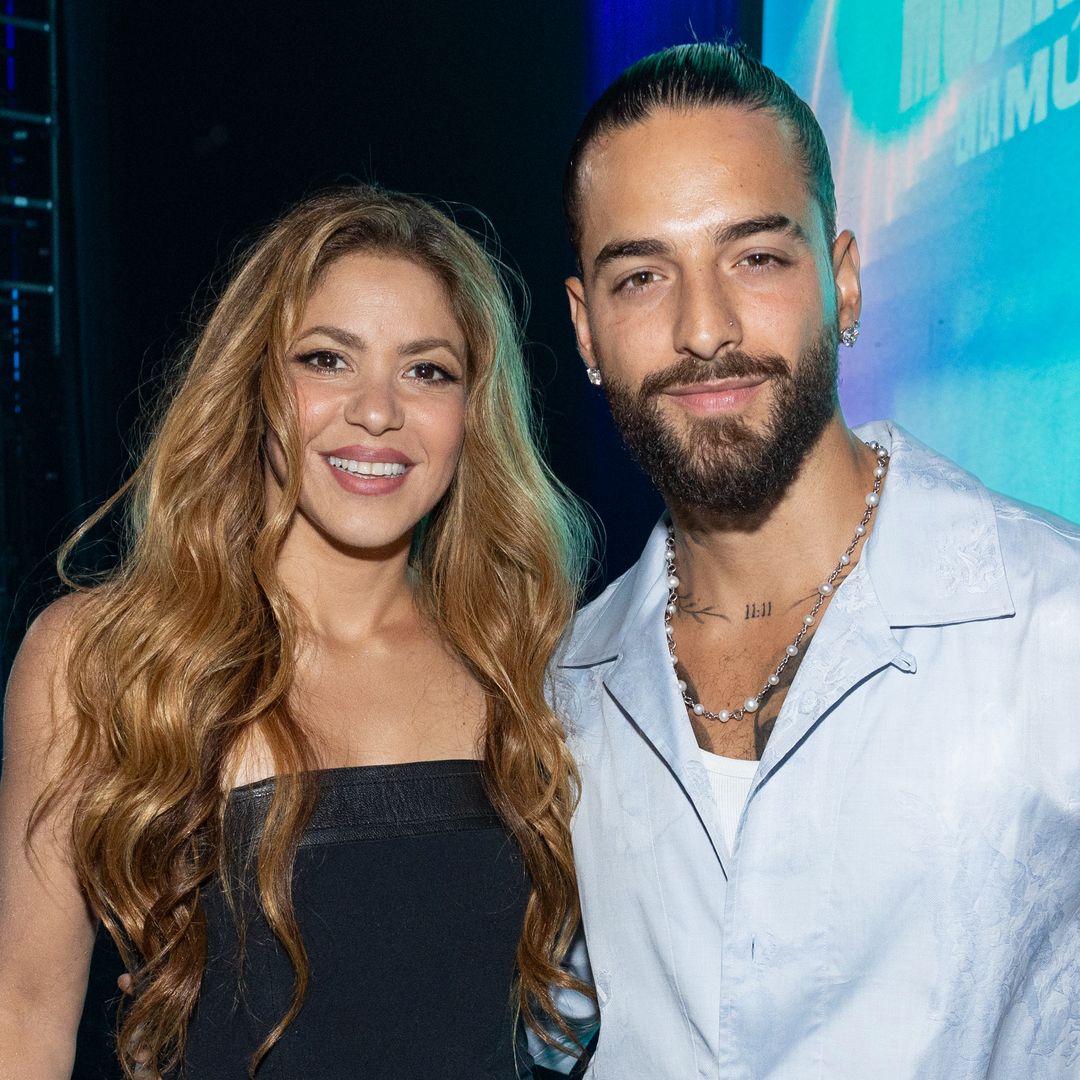Maluma is setting the record straight on the supposed feud between him and fellow Colombian singer J Balvin. The 25-year-old heartthrob, who is featured in GQ’s Man of the Year issue, posed in hella cool outfits for the magazine and opened up about his career, especially how he was pitted against J Balvin as they were both rising the ranks and popping out hit after hit. In case you’re not familiar, these two basically revolutionized the pop-reggaeton genre and continue to change the music landscape to include more Spanish-singing tracks.
“I never felt anything bad toward him,” the Mala Mía singer told the publication, adding that people thought there was a rivalry just because they were both becoming popular in the same music genre. “But all the attention on the genre and people created this tension between us,” he continued. However, there was a turning point when they talked things out in person. “I said to him, ‘Yo, bro, come on, I used to listen to your music when I was 14 years old. I used to go to quinceañeras, if you were performing there. I used to see you performing, I was your fan, cabrón.’”
Since then, Maluma and J Balvin have been teaming up for head-bopping hits. Most recently, they collaborated for Qué Pena and filmed the music video together. In the first shot of the video, the two hilariously made fun of each other. Maluma imitated Balvin’s “Buenos Dias” greeting, while J Balvin made fun of the way Maluma calls himself “Maluma Baby.” This year, they also both made the cut for the Harper’s Bazaar Men’s Issue, a sign that we’re moving towards a more Spanish-inclusive time in music. And that’s one thing Maluma is set on doing—singing in Spanish.
“I want to be recognized in the world as a Latino and as an artist from Colombia who sings in Spanish. I want to break barriers in Spanish with my language, with who I am, and with my essence,” he explained in the issue. “I think I don’t need to sing in English for people to like my music.” After recording a few songs in English, it’s unlikely the singer will release those tracks. “I don’t feel that connected. Every time I sing in English, it feels like I’m reading,” he continued. “They wanted me to be like the version of another American artist, but I’m not the version of anyone. I’m me and I’ve worked hard for people to know me for that, for my own essence, for me as an artist.”
,type=downsize)






